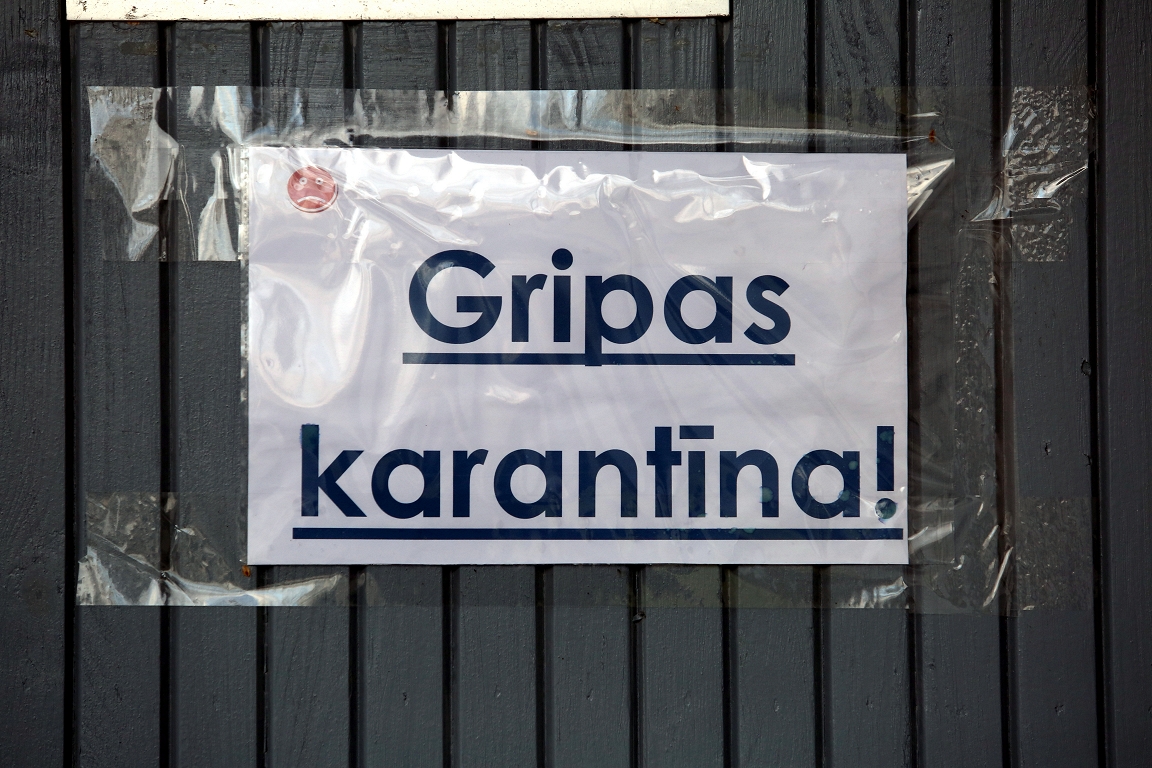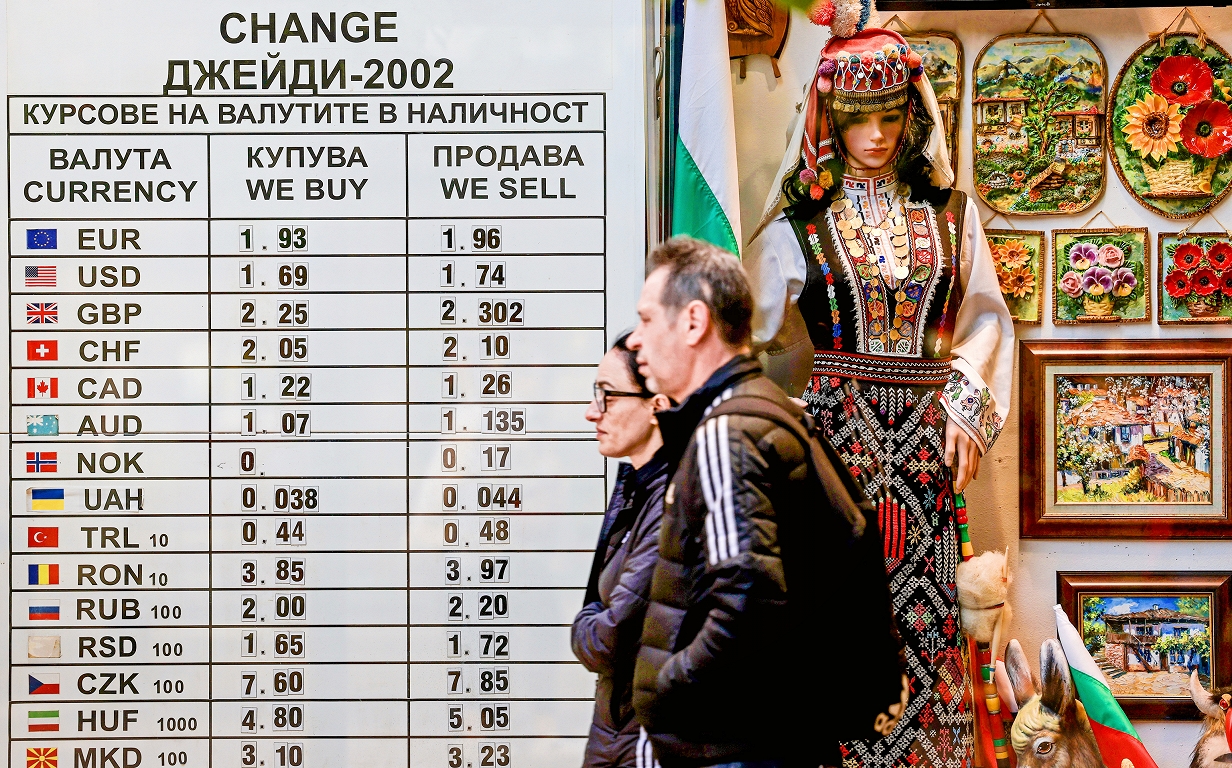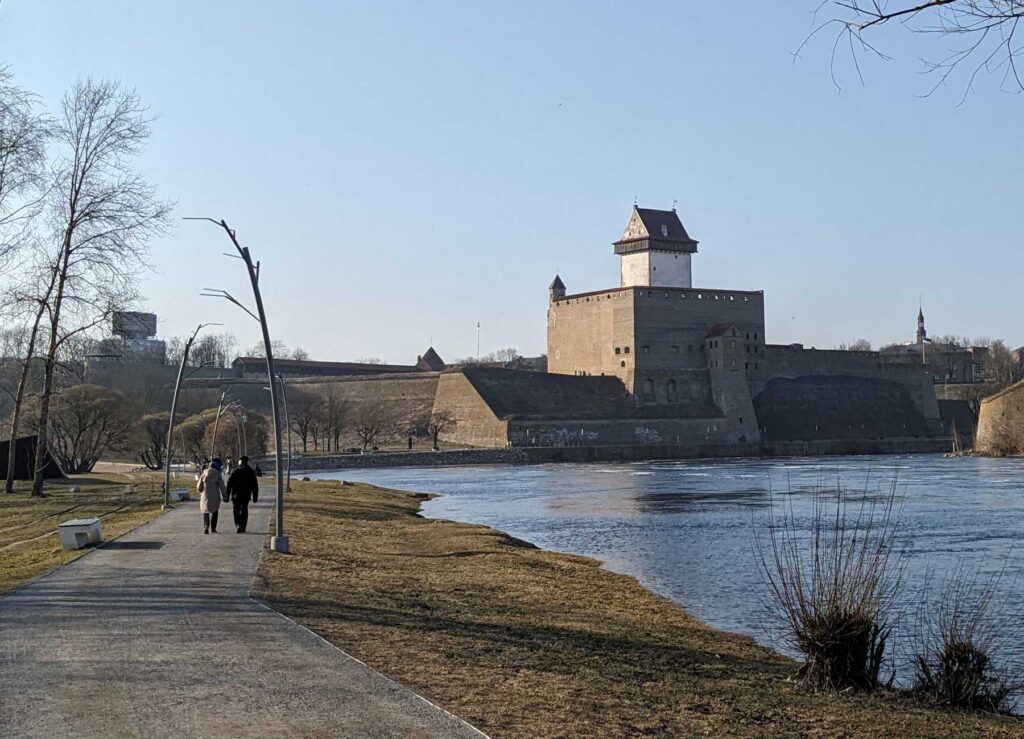SPKC announces the end of the flu epidemic / day

According to SPKC influenza and acute upper respiratory tract infections, monitoring data, the proportion of positive influenza samples in the National Microbiology Reference Laboratory over the last three weeks is below 10%.
According to the laboratory, the proportion of positive flu samples has dropped to 7.7% last week – a week ago it was 7.2%.
Over the past six weeks, the number of patients who have turned to medical practitioners have also gradually decreased and have an average of 88.9 cases per 100,000 population last week.
The SPCC explains that the spread of the flu is still wide and was registered in nine of ten monitoring areas last week – Rezekne, Jekabpils district, Gulbene district, Daugavpils, Jurmala, Jelgava, Ventspils and Liepaja.
Since the start of the season, mainly type A viruses have been confirmed, but the proportion of confirmed B -type B viruses has also increased in recent weeks.
The intensity of the SPKC influenza epidemic this season is highly high, and has continued longer than usual – 19 weeks. It lasted 15 weeks relatively last season and 12 weeks in the 2022-2023 season.
The beginning of the flu epidemic was announced on December 19, 2024. This season, as before, the highest number of flu cases was observed in the age group up to 14 years.
Although the influenza epidemic is over and the flu virus is reduced, the center recalls that the flu and other airway viruses continue to circulate. SPCC epidemiologists call for remaining in the prevention of respiratory tract infections – wash hands, regularly ventilate the rooms, take wet cleaning of the rooms, consume healthy food and extend the time of stay in the fresh air.
The National Health Service, on the other hand, recalls that with the end of the influenza epidemic, the home -paid family doctor’s home visits to patients with influenza are no longer valid. This condition does not apply to patients who are always provided by state -funded GP visits – children under the age of 18, first and second groups of disabled people and other patient groups.







